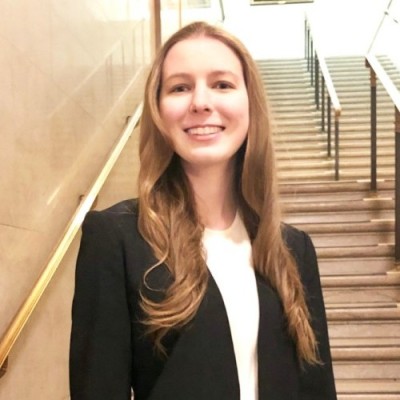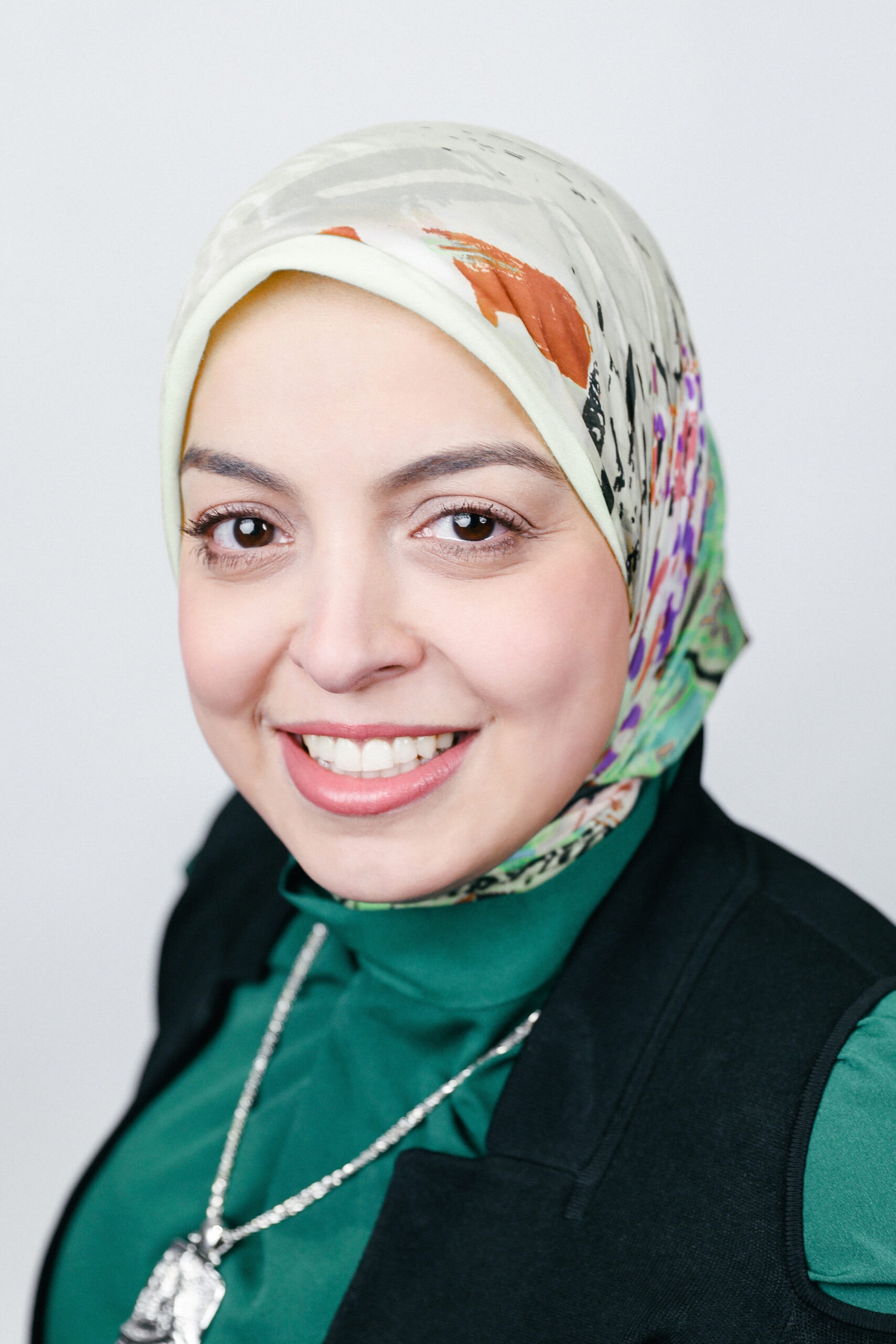
Monthly Scientific Update – December 2022
The Oral Microbiome in Cholangiocarcinoma:
A Potential Biomarker that Could Promote Early Detection
Kelly Butler, Dr. Reham Abdel-Wahab
The human microbiome includes trillions of bacteria, many of which serve critical biological functions. However, the microbiome may also play a role in disease and has been studied in various medical conditions, from food allergies to cancer.
A recent study specifically explored the oral microbiome in cholangiocarcinoma (CCA). To test for distinct features, the authors ran a two-part study during which they gathered 74 saliva samples from cholangiocarcinoma patients and 150 from healthy people. In the first part, known as the discovery phase, they compared oral microbiome samples from 50 cholangiocarcinoma patients and 100 healthy controls. The researchers found a significant difference in the oral microbiome between the two groups, with 60 bacterial genes overexpressed in CCA, six bacterial genes depleted, and 34 unique to cholangiocarcinoma patients.
The authors selected the top 3 bacteria found in the CCA patients’ saliva (Lautropia, Alloprevotella, and Actinomyces) and tested them as potential diagnostic biomarkers for cholangiocarcinoma. They completed this analysis using samples gathered specifically for the second part of the project, known as the validation phase. In this phase, they used saliva samples from 24 cholangiocarcinoma patients and 50 healthy controls. They found that these bacteria can predict disease and even differentiate cholangiocarcinoma from hepatocellular carcinoma.
These early-stage results are promising, and additional studies should further explore the oral microbiome as a potential biomarker for cholangiocarcinoma. In addition to examining larger patient populations, follow-up studies should test whether the oral microbiome can detect early-stage disease. Oral microbiome tests are much less invasive than traditional diagnostic tools like fine needle biopsies, so they could eventually be used as screening tools in a variety of clinical settings. Effective screening for cholangiocarcinoma is urgently needed and could improve patient outcomes through early detection.
Reference: https://mmrjournal.biomedcentral.com/articles/10.1186/s40779-022-00423-x

Kelly Butler is an NIH Postbac Research Fellow and the Founding Director of SAFE

Reham Abdel-Wahab is the Cholangiocarcinoma Foundation’s Director of Research and Chief Scientific Officer.